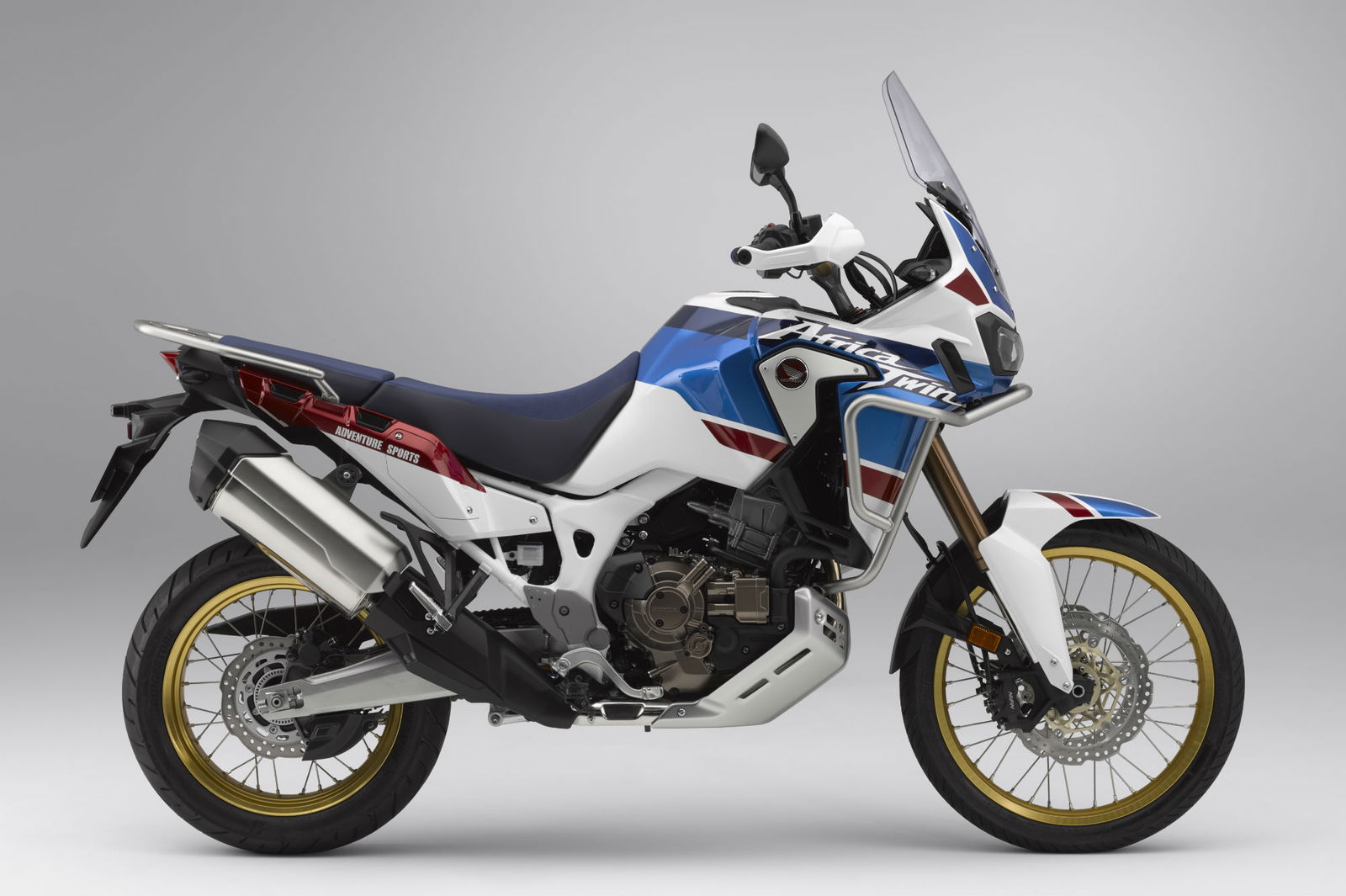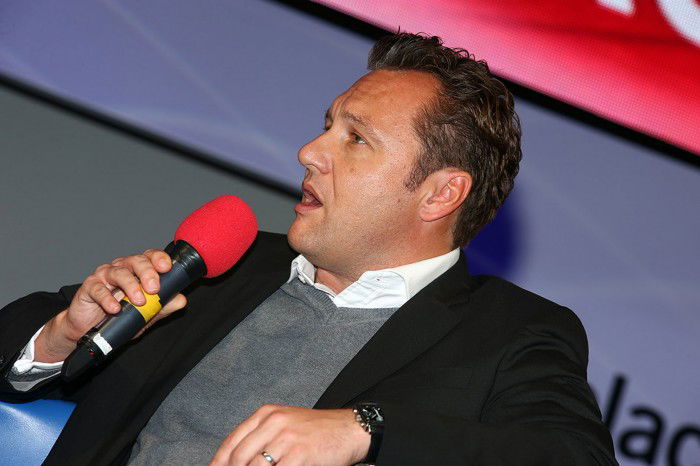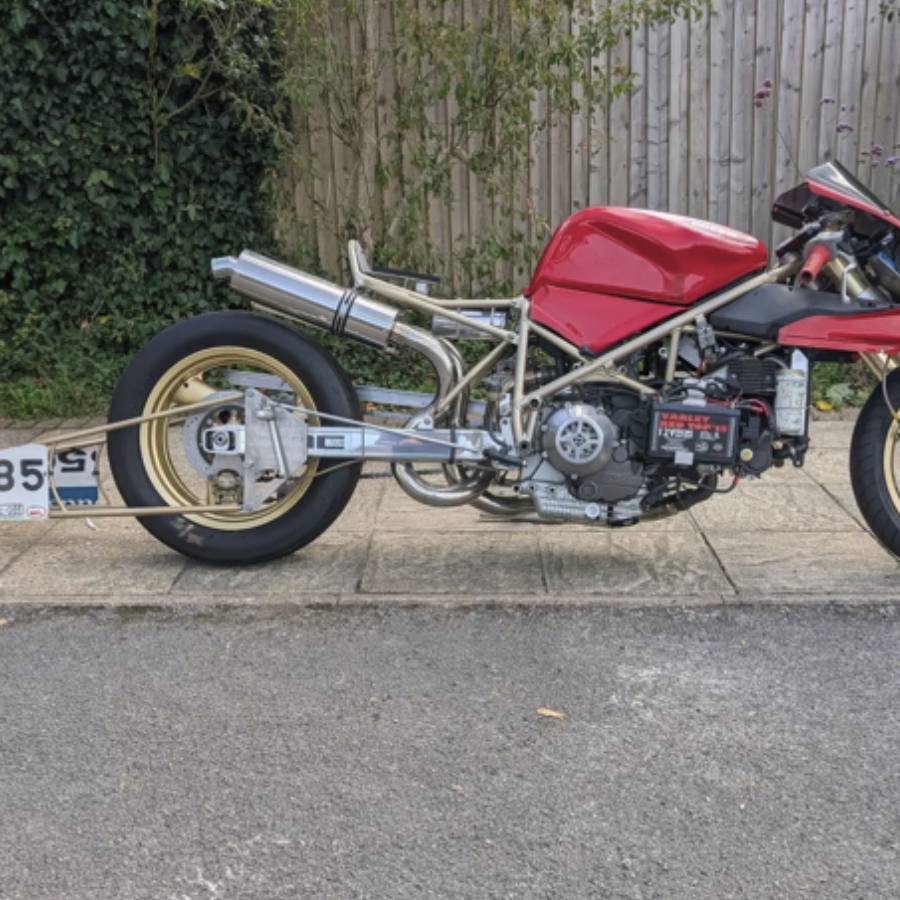Boeing set $2M flying bike challenge
Meet George Jetson...

Hurtling through the sky at 500mph in a pressurised metal tube full of others people’s farts is a small piece of hell for some who probably wish they had their own way to fly.
Weirdly Boeing – world-famous purveyors of said tubes – has ponyed up $2m as first prize in a competition to design a flying bike.
Groups of students, innovators, and entrepreneurs around the world are hoping to reinvigorate the public's love for life aloft by building personal flying machines that can carry a person 20 miles without stopping to refuel or recharge batteries.
The results aren't quite flying cars, they're smaller, hovering in the shared space between jetpacks and motorbikes, with a focus on fun over practicality.
Among the groups is Team Leap, a European startup well staffed with engineers whose résumés include jobs at Boeing, Airbus, Bell, and Lockheed Martin. It created a machine called Vantage, which looks like a futuristic, angular motorbike, with the wheels ripped off and replaced with buttresses supporting a ring of five large rotors underneath.
Aeroxo LV, a team from Latvia, also went for the motorbike seat design, but put its rotors front and back, in four arrays of four fans. The design allows them to tilt for vertical takeoff and landing, but then swivel back for more efficient horizontal flight.
“The winning designs demonstrate that there are still creative, bold innovators worldwide who are captivated and inspired by powered flight,” Boeing CTO Greg Hyslop said. They may never lead to a commercial aircraft, but competitions like this inspire students and innovators, in a similar way to Elon Musk’s Hyperloop Pod competition. And for Boeing, it's an easy way to spot young talent and recruit new engineers into its ranks.
Each phase one winner gets $20,000 each to continue refining its design. Phase two, which isn’t limited to these 10 flyers, will go beyond designs to judge physical prototypes, with a $50,000 prize awarded next March. The final stage is a fly-off, scheduled for late 2019, with a $1 million prize for the best overall entry, and smaller prizes for the quietest, smallest, and most disruptive innovation.







